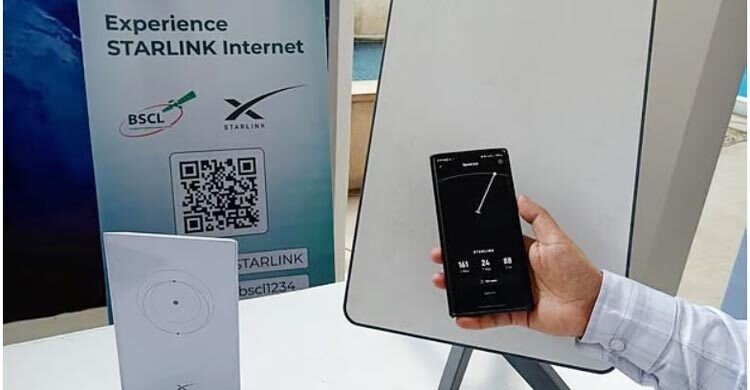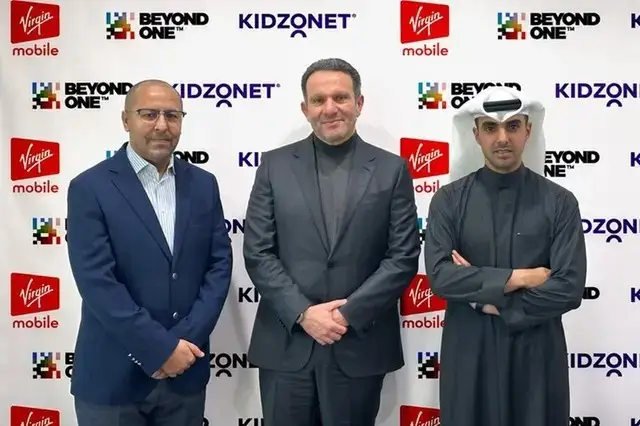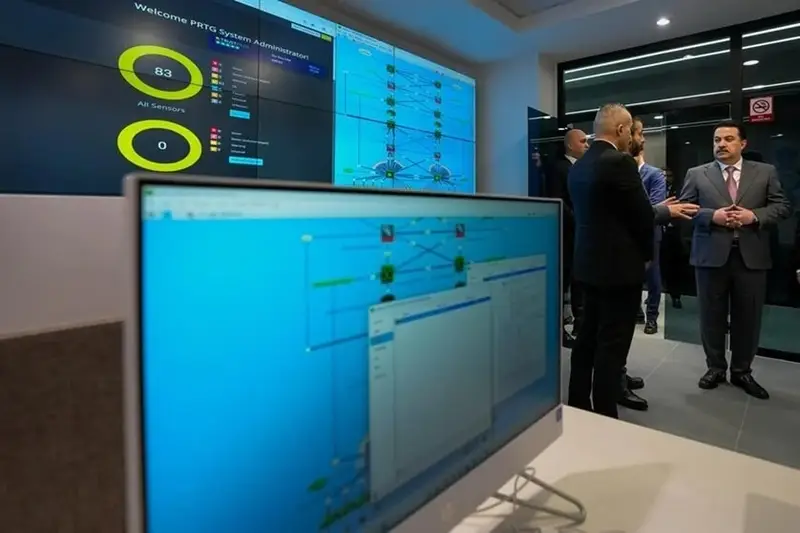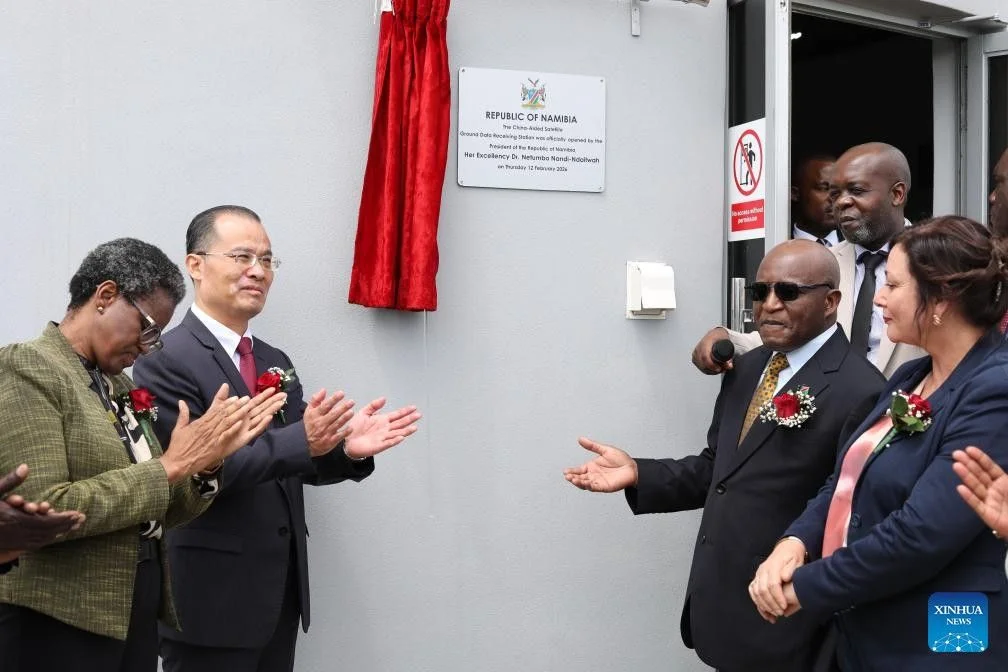SpaceX’s satellite-based internet service, Starlink, has officially launched in Bangladesh on a trial basis. The trial began on April 9 during the third day of the Bangladesh Investment Summit, held at the InterContinental Dhaka. Following the initial trial, the service was made freely accessible to all attendees at the venue.
The organizers of the summit confirmed that Starlink’s internet service would remain available for free at the InterContinental Hotel until April 10, allowing guests and visitors to experience satellite-based internet technology without any charge. Bangladesh Satellite Company Limited (BSCL) is overseeing the demonstration of the service at the summit.
The trial, which began on April 7, has been successfully implemented, though there has been no official statement regarding the full-scale commercial launch of Starlink’s services in Bangladesh. The download speed during the trial ranged between 100 to 120 Mbps, showcasing the service’s high-speed potential. However, the demand for the service caused some fluctuations in speed, as noted by BSCL officials due to increased user traffic.
To support the demonstration, BSCL set up a dedicated Starlink booth at the venue. The service is being delivered through four terminals connected to five Wi-Fi routers, each capable of supporting 70 to 100 users simultaneously, ensuring reliable connectivity for attendees.
BSCL officials indicated that Bangladesh will need to establish its own gateway station to facilitate the full-scale launch of Starlink’s services, as required by the Bangladesh Telecommunication Regulatory Commission (BTRC). Currently, the service is routed through a Malaysian gateway.
In March, the Bangladesh Investment Development Authority (BIDA) granted investment registration to Starlink, which allows the company to operate in the country within 90 working days. For the commercial launch, Starlink still needs to obtain an NGSO (Non-Geostationary Satellite Orbit) license from BTRC, a process that has already begun.
While the official pricing for Starlink’s services in Bangladesh has not been disclosed, the cost of the service in other countries suggests it may be relatively expensive. To use Starlink, customers must purchase a starter kit, which includes a satellite dish, router, cables, and a power supply, priced between $349 and $599 (approximately Tk 60,000 to Tk 70,000). Additionally, users are expected to pay a monthly subscription fee, estimated between Tk 12,000 and Tk 17,000.
Omar Haider, a spokesperson for BSCL, emphasized the company’s technical readiness to collaborate with Starlink. “With five years of experience in ground stations, field-level distribution panels, and satellite operations, we are well-equipped to provide commercial services soon if the government approves,” he said.
The trial launch of Starlink in Bangladesh marks a significant step forward in improving internet connectivity, especially in remote and underserved areas. If successfully implemented, this satellite-based technology could revolutionize internet access across the country, bridging the digital divide and supporting economic growth.















